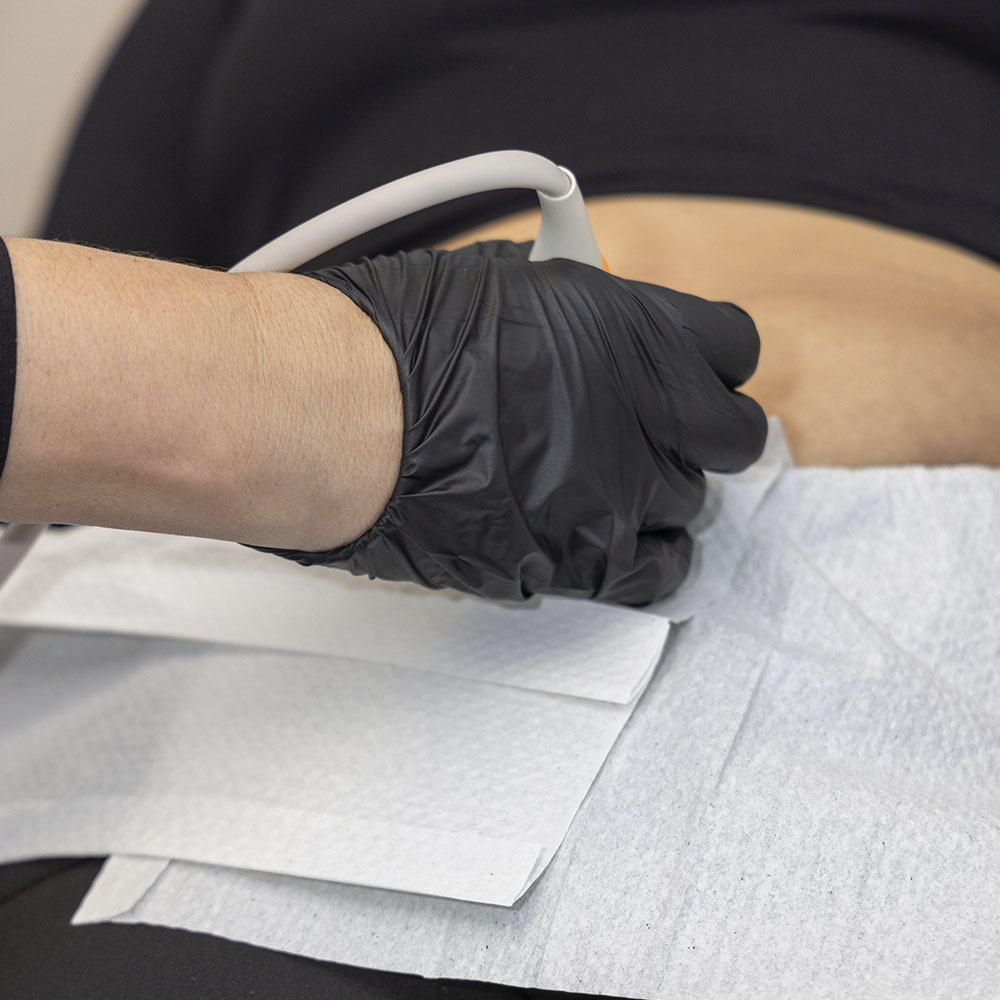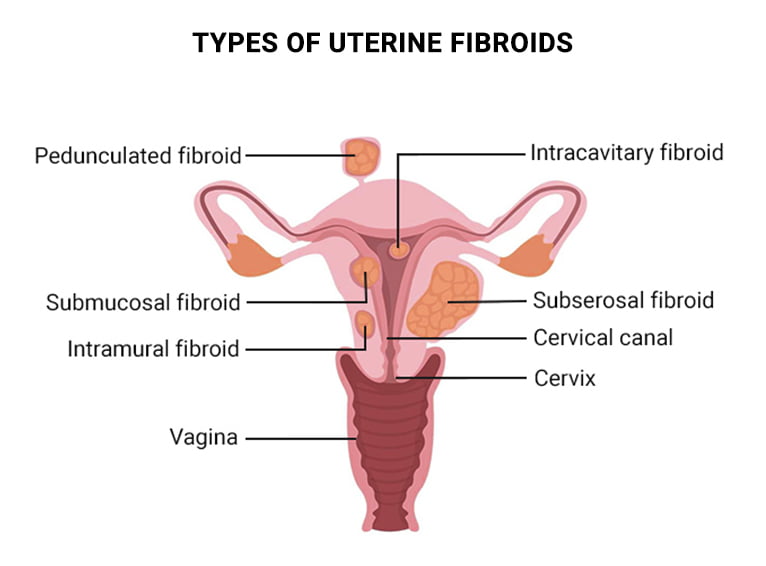
Most uterine tumors, called fibroids, are non-cancerous. Some don’t even create symptoms. Untreated, however, fibroids can degenerate. They either become cystic and liquify, or they calcify and harden. Most fibroid degeneration means that the growth has hardened and shrunk. But they can still cause pain and even interfere with fertility. Call Dr. George Bolotin, the top fibroid expert in New York City, at his Astra Fibroid Treatment Specialists for the best fibroid degeneration treatment. Do it sooner rather than later.
 Fibroid degeneration is a condition that develops when a benign tumor no longer receives adequate nutrients from its blood supply. Without nutrients, cells in the tumor die off until it’s reduced to a sustainable size. While this might sound like a good thing, you may experience unpleasant symptoms that affect the quality of your life during and after this process.
Fibroid degeneration is a condition that develops when a benign tumor no longer receives adequate nutrients from its blood supply. Without nutrients, cells in the tumor die off until it’s reduced to a sustainable size. While this might sound like a good thing, you may experience unpleasant symptoms that affect the quality of your life during and after this process.
If you have fibroids and experience more discomfort than usual, consult a fibroids specialist. Dr. George Bolotin at the Brooklyn and Bronx-based practice of the Astra Fibroid Treatment Specialists is an accomplished Interventional Radiologist who specializes in fibroid treatment. He leverages years of experience and the latest medical technology for effective fibroid degeneration treatment.
A fibroid is a benign, non-cancerous muscular growth in or on your uterus. There are a few different types of fibroids, including:
All the tumors rely on a uterine artery and attached blood vessels. Each has its own symptoms, development and treatment. Fibroid degeneration occurs for a number of reasons, such as:
While the fibroid can reduce in size as it degenerates because of the reduced supply of nutrients, growth can pick up once the blood supply resumes. Consult your doctor, even if there’s a pause in the severe symptoms of fibroids. At the Brooklyn and Bronx vein and fibroids clinic, Dr. Bolotin diagnoses the condition of your fibroids. He takes into consideration your health and the severity of your symptoms before choosing the best fibroid treatments. End the cycle of relief and fibroid pain that often happens with fibroid degeneration with a visit to his clinic.

There’s a chance you won’t have any symptoms. You may only experience one or two mild conditions. But the release of chemicals as the fibroids die can lead to multiple symptoms, such as:
Any woman who has fibroids is at risk of suffering fibroid degeneration. Most commonly, you’re at a high risk of this fibroid complication if you:
While some fibroids may not cause symptoms, they continue to grow. When they eventually degenerate, you may experience symptoms that include:
Brooklyn and Bronx fibroids specialists also have the expertise and equipment to diagnose and treat cystic degeneration, which means that the fibroid has liquified. The need for cystic degeneration fibroid treatment is rare, but it’s good to know that you’re in the best hands if it occurs.
The fibroid degeneration treatment Dr. Bolotin chooses for you is determined by the results of your physical exam and diagnostic tests, such as an MRI, x-ray or fibroid ultrasound to improve accuracy and detection. Every treatment plan is different because of the size and location of the tumors, your age, your health and the type of fibroids. The treatment plan also seeks to remove any other remnant fibroids. Some treatment options include:
Living with fibroids affects your life as you suffer both physical and emotional complications. With treatment, you can enjoy a better quality of life. You get complete, personalized care from Dr. Bolotin and his team at the Astra Fibroid Treatment Specialists. Contact the fibroids clinic in Brooklyn and Bronx today and enjoy life-changing treatment for your fibroids.
Vein & Vascular Medical Care
4209 Ave U, Suite A.
Brooklyn, NY 11234
(347) 934-9068
Vein & Vascular Medical Care
869 E Tremont Ave
Bronx, NY 10460
(929) 447-4563